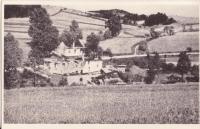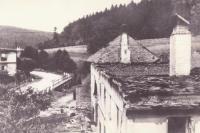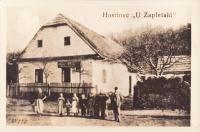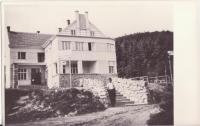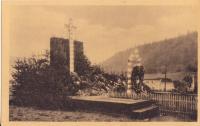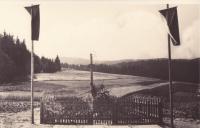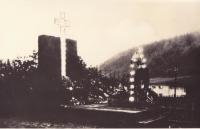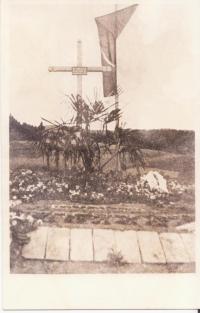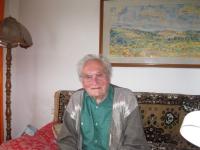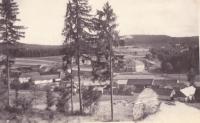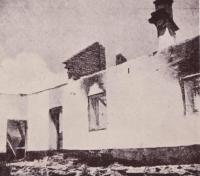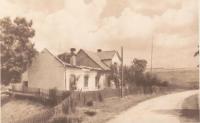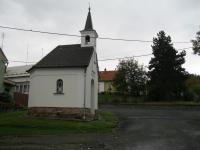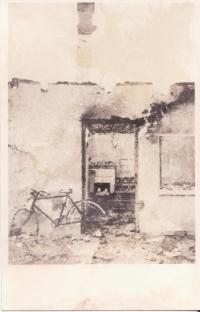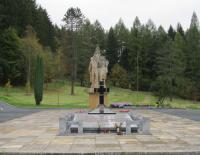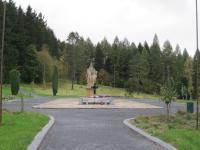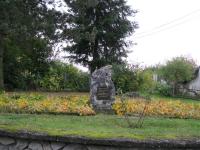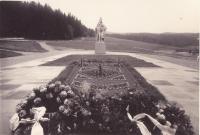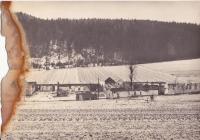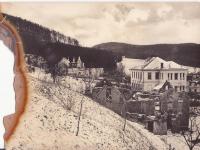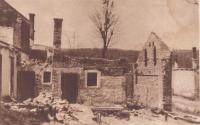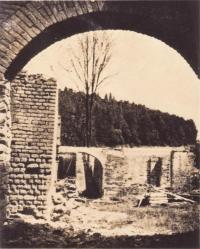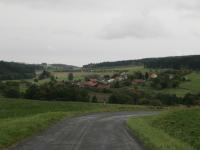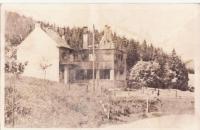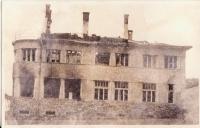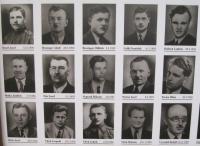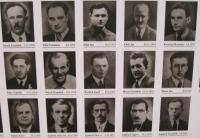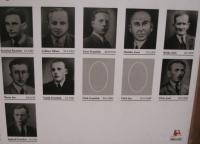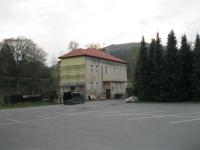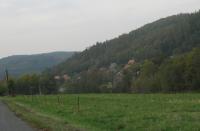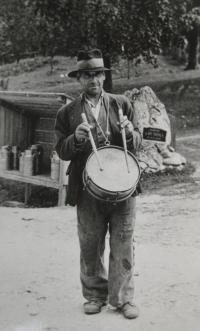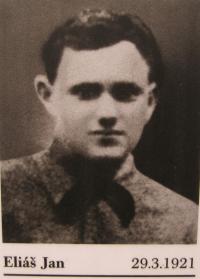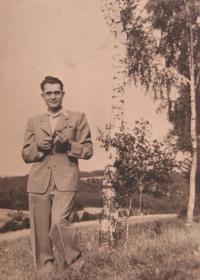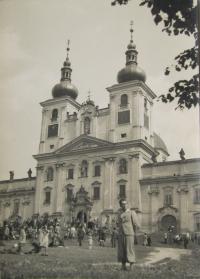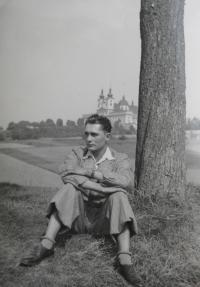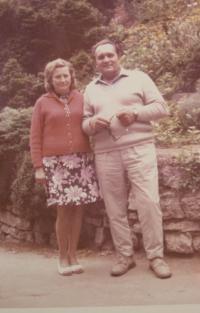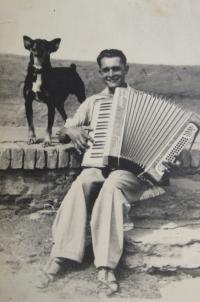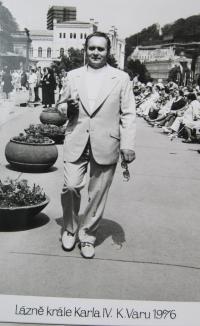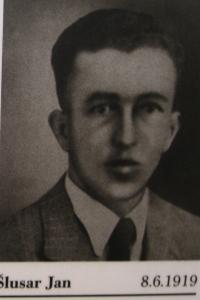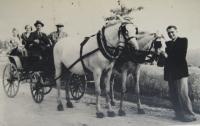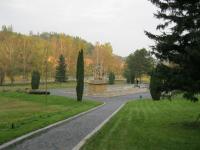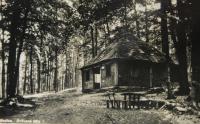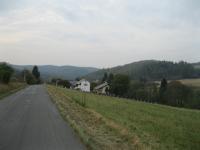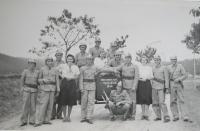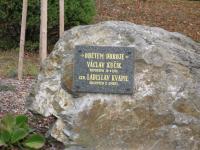In a poor and hard-tested region
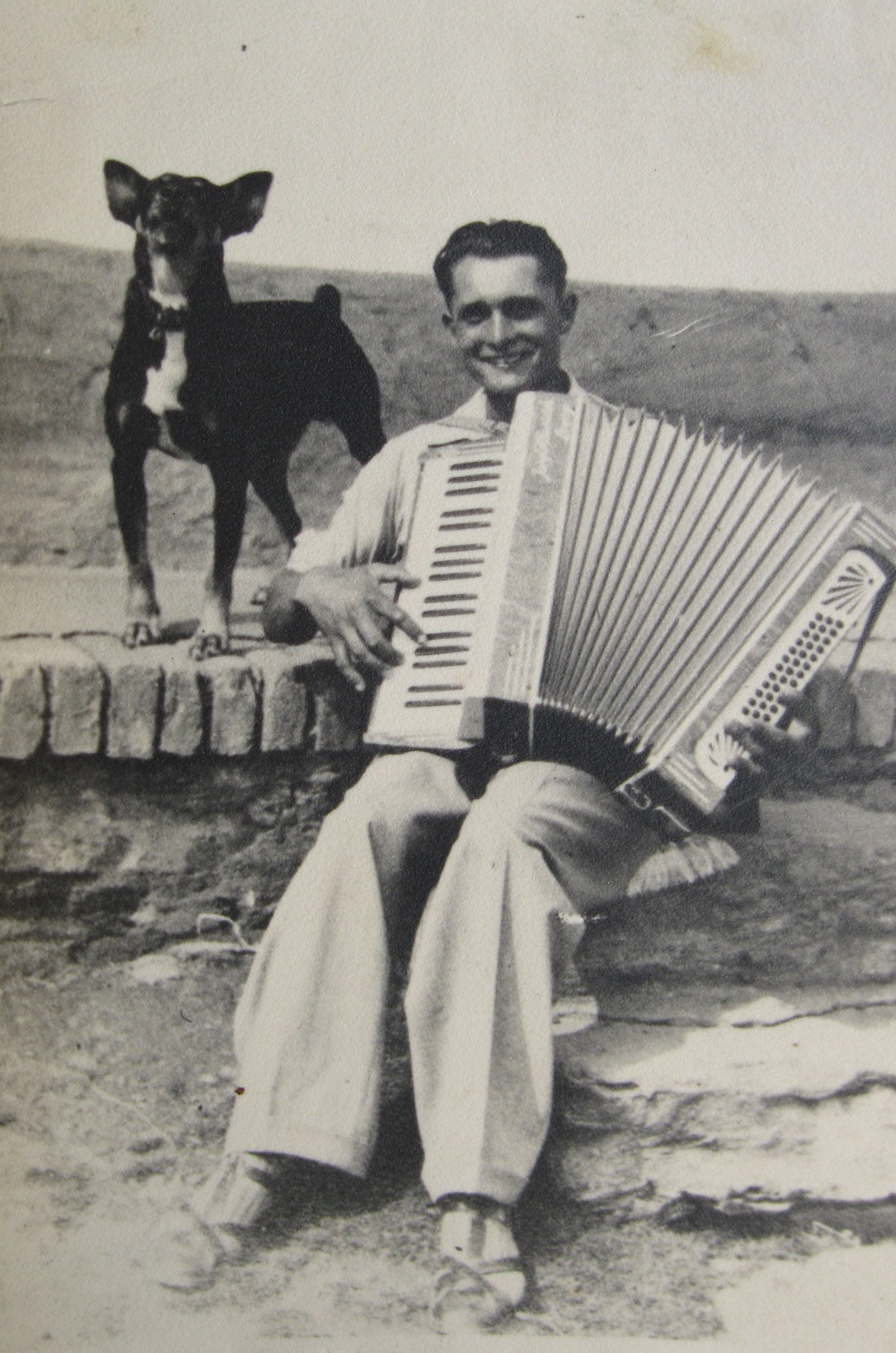
Download image
Jan Jančí was born in 1919 in Veselíčko. During the war he provided a hiding place to partisan Josef Fiala in his house. After the shelter was revealed, mass arrests ensued in the region. Jan Jančí was one of the arrested. He spent several months in prison in Olomouc and then a short time in the Mauthausen concentration camp. When he returned home, the surrounding forests were controlled by partisans from the group Jermak - Fursenko. In Jančí’s view, they really cared more for their own interests rather than for struggle against Nazism. Jan Jančí also witnessed an incident in which Grigorij Semjokovič Litviško, a member of the partisan group, shot several citizens from Javoříčko, including František Malínek, the mayor of Veselíčko. On May 5, 1945, the SS squad led by lieutenant Egon Lüdemann murdered 38 innocent men from the neighbouring village of Javoříčko, and they burnt out the entire village. Jan Jančí came to this hamlet on the day of the tragedy and he witnessed first-hand the atrocities committed by the SS men. Together with people from the nearby villages he also helped to bury the victims. After the war Jan Jančí worked as a farmer on his own farm. However, when the Unified Agricultural Cooperative was founded in Veselíčko in the 1950s, he refused to join, and as a result he was imprisoned and charged with theft of socialist property. Even though he was not found guilty in any of the four court sessions, he spent half a year in prison. Ironically, after his release he became the chairman of the same agricultural cooperative, and the farm flourished under his leadership. After the cooperative assimilated other farms, he worked there as a zootechnician till his retirement. He still lives in his native Veselíčko.
